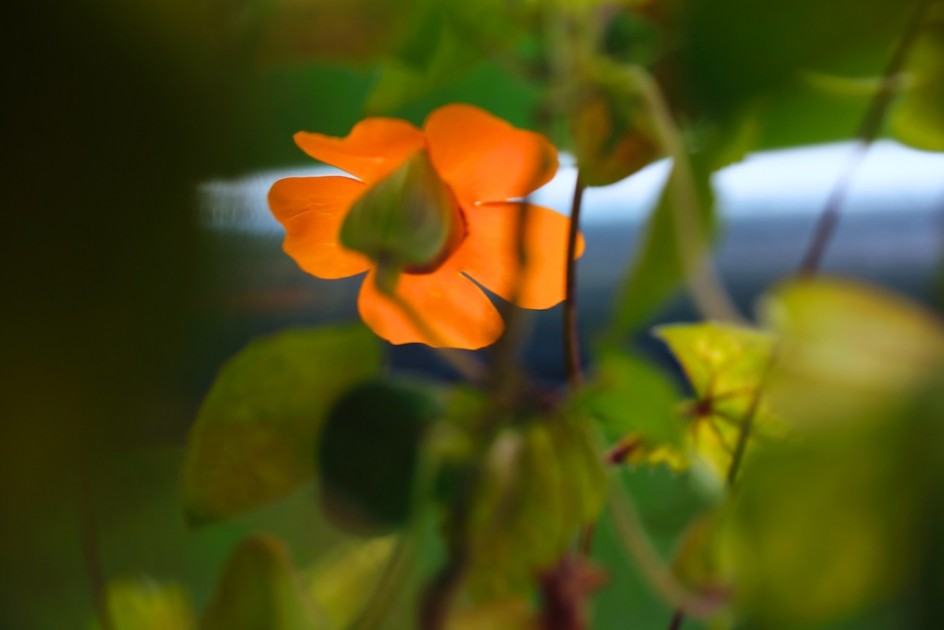
For me, creativity is not about having hobbies, doing puzzles, painting a water color on vacation every year or so. Creativity is the essential expression of the human spirit, the rising of the soul, the essence of identity, the great equalizer, the source of one’s truth. Psychiatrists and psychologists and spiritualists know this, there is nothing more healing or affirming than creativity.
Yet in our culture, creativity, like compassion and spirituality and peace, is pushed to the margins of our lives, not the center. It is never mentioned on cable news, or emphasized in college, or spoken of in Congress or from podiums at the White House or on the front pages of newspapers and blogs. It is not considered important, like making money or war.
I began to find myself, to come of age, to free my own spirit when I came to understand that creativity is not an interruption of life or work, it is the the work. It is not at the edge of my life, but at the center, and through the evolution of the creative spark, God’s gift to every human being, I have begun the arduous and glorious task of living my life in a meaningful way. I believe Maria is on the same path.
In her book Women Who Run With The Wolves, Dr. Clarissa Pinkola Estes writes that creativity is essential to the identity of human beings, especially of women. Yet sadly, she says, most of her patients tell her they simply don’t have time to be creative. I have experienced this again and again in my teaching and communications with people, even the most gifted, who say they wish to be creative. Start a blog, I say, do a journal, write a poem, look inward and free the powerful voices and spirits inside of you that want to come out.
Mostly, they do not believe me.
Oh, they say, easy for you to say, you are creative, you are a writer. I don’t have time. I am too busy. I can’t afford it. I have a mortgage, kids going to college, parents who are sick, children to drive around, bills to pay. I can’t be creative. It is not for me to tell other people what to do or how to live, but I always think the same thing. You don’t have time to not be creative.
In her consulting room, says Estes, she has watched as certain poets toss their pages of work onto the sofa as though their poetry were refuse rather than treasure. She has seen artists bring their paintings to session, banging them against the door frame on their way in. She has, she says, seen the green gleam in women’s eyes as they try to disguise their anger that others seem able to create and that they themselves, for some reason, cannot.
Reading Estes words, I shook a bit, felt a chill. I have heard this so many times, seen this so many times, it is a painful and wonderful thing to read, it is a tough thing to see and hear. I tell every student I teach to never speak poorly of their creativity or their work, it is listening.
“I have heard all the excuses that any woman might knit up,” writes Estes. “I’m not talented. I’m not important. I’m not educated. I have no ideas. I don’t know how. I don’t know what. And the most scurrilous of all: I don’t have time. I always want to shake them upside down until they repent and promise to never tell falsehoods again. But I don’t have to shake them up, for the dark man in dreams will do that, and if not he, then another dream actor will.”
It is a good lesson for men, for women, for me. I hear the excuses all the time, I can’t shake them upside down, they often lie to me when they promise never to tell falsehoods about themselves again. But I know that Estes is correct when she says it is not really the business of the teacher to bully, the dark men in dreams will be there to do that instead. But still, I want to grab them by the shoulders and say your stories are important, you have ideas, you don’t need a formal education, life is the great teacher, and you always have time if you open your eyes and awaken to the true nature of life.
